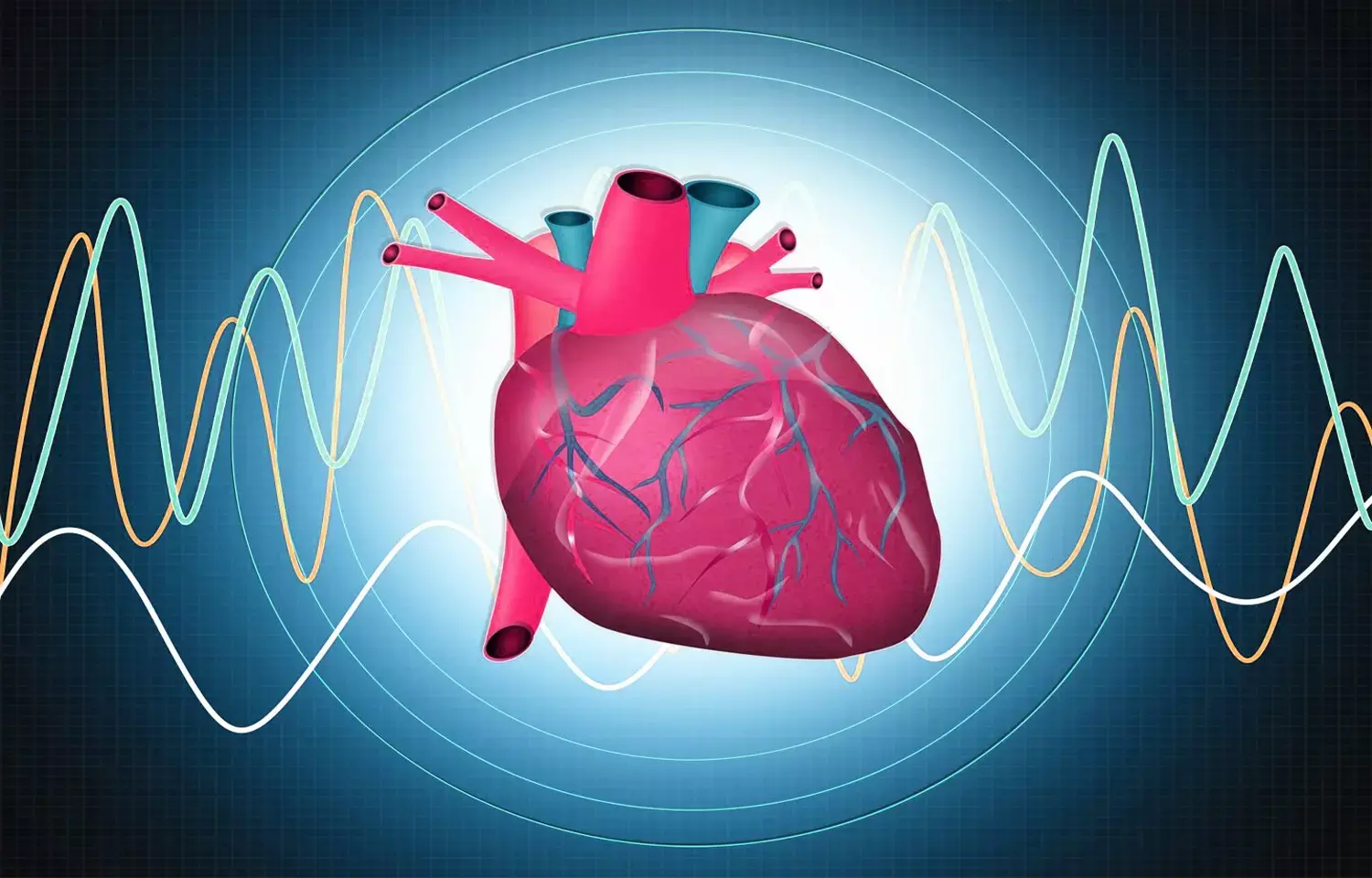- Home
- Medical news & Guidelines
- Anesthesiology
- Cardiology and CTVS
- Critical Care
- Dentistry
- Dermatology
- Diabetes and Endocrinology
- ENT
- Gastroenterology
- Medicine
- Nephrology
- Neurology
- Obstretics-Gynaecology
- Oncology
- Ophthalmology
- Orthopaedics
- Pediatrics-Neonatology
- Psychiatry
- Pulmonology
- Radiology
- Surgery
- Urology
- Laboratory Medicine
- Diet
- Nursing
- Paramedical
- Physiotherapy
- Health news
- Fact Check
- Bone Health Fact Check
- Brain Health Fact Check
- Cancer Related Fact Check
- Child Care Fact Check
- Dental and oral health fact check
- Diabetes and metabolic health fact check
- Diet and Nutrition Fact Check
- Eye and ENT Care Fact Check
- Fitness fact check
- Gut health fact check
- Heart health fact check
- Kidney health fact check
- Medical education fact check
- Men's health fact check
- Respiratory fact check
- Skin and hair care fact check
- Vaccine and Immunization fact check
- Women's health fact check
- AYUSH
- State News
- Andaman and Nicobar Islands
- Andhra Pradesh
- Arunachal Pradesh
- Assam
- Bihar
- Chandigarh
- Chattisgarh
- Dadra and Nagar Haveli
- Daman and Diu
- Delhi
- Goa
- Gujarat
- Haryana
- Himachal Pradesh
- Jammu & Kashmir
- Jharkhand
- Karnataka
- Kerala
- Ladakh
- Lakshadweep
- Madhya Pradesh
- Maharashtra
- Manipur
- Meghalaya
- Mizoram
- Nagaland
- Odisha
- Puducherry
- Punjab
- Rajasthan
- Sikkim
- Tamil Nadu
- Telangana
- Tripura
- Uttar Pradesh
- Uttrakhand
- West Bengal
- Medical Education
- Industry
Omecamtiv mecarbil reduces CV death, heart failure risk in HFrEF patients: NEJM

CAPTION
Novel biomarkers predict the development of incident heart failure.
CREDIT
MostPhotos/Rossella Apostoli.
USA: The administration of omecamtiv mecarbil in patients with heart failure and a reduced ejection fraction (HFrEF) reduces the risk of a composite of a heart failure event or cardiovascular death, finds a recent study in the New England Journal of Medicine.
Omecamtiv mecarbil, the selective cardiac myosin activator, has been shown to improve cardiac function in patients with heart failure with a reduced ejection fraction. However, its effect on cardiovascular outcomes is not known. To determine the same, John R. Teerlink, University of California, San Francisco, California, and colleagues randomly assigned 8256 patients (inpatients and outpatients) with symptomatic chronic heart failure and an ejection fraction of 35% or less to receive omecamtiv mecarbil (using pharmacokinetic-guided doses of 25 mg, 37.5 mg, or 50 mg twice daily) or placebo, in addition to standard heart-failure therapy.
The primary outcome was a composite of a first heart-failure event (hospitalization or urgent visit for heart failure) or death from cardiovascular causes.
Key findings of the study include:
- During a median of 21.8 months, a primary-outcome event occurred in 1523 of 4120 patients (37.0%) in the omecamtiv mecarbil group and in 1607 of 4112 patients (39.1%) in the placebo group (hazard ratio, 0.92.
- A total of 808 patients (19.6%) and 798 patients (19.4%), respectively, died from cardiovascular causes (hazard ratio, 1.01).
- There was no significant difference between groups in the change from baseline on the Kansas City Cardiomyopathy Questionnaire total symptom score.
- At week 24, the change from baseline for the median N-terminal pro–B-type natriuretic peptide level was 10% lower in the omecamtiv mecarbil group than in the placebo group; the median cardiac troponin I level was 4 ng per liter higher.
- The frequency of cardiac ischemic and ventricular arrhythmia events was similar in the two groups.
"Our findings demonstrate that among patients with heart failure and a reduced ejection, those who received omecamtiv mecarbil had a lower incidence of a composite of a heart-failure event or death from cardiovascular causes than those who received placebo," wrote the authors.
The study titled, "Cardiac Myosin Activation with Omecamtiv Mecarbil in Systolic Heart Failure," is published in the New England Journal of Medicine.
DOI: https://www.nejm.org/doi/full/10.1056/NEJMoa2025797
Dr Kamal Kant Kohli-MBBS, DTCD- a chest specialist with more than 30 years of practice and a flair for writing clinical articles, Dr Kamal Kant Kohli joined Medical Dialogues as a Chief Editor of Medical News. Besides writing articles, as an editor, he proofreads and verifies all the medical content published on Medical Dialogues including those coming from journals, studies,medical conferences,guidelines etc. Email: drkohli@medicaldialogues.in. Contact no. 011-43720751


